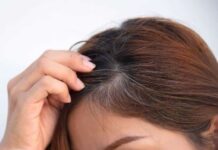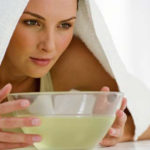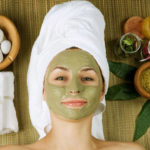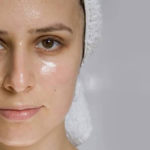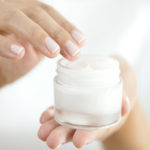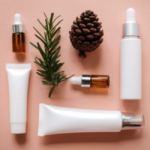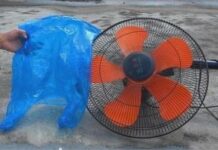1 Causes of Acne
What is Acne?
Acne is a type of dermatological condition caused by chronic inflammation of the hair follicles and sebaceous glands. It occurs when there is a blockage and inflammation of the hair follicles, often accompanied by an excess of sebum production. Acne is a common skin concern, particularly among adolescents.
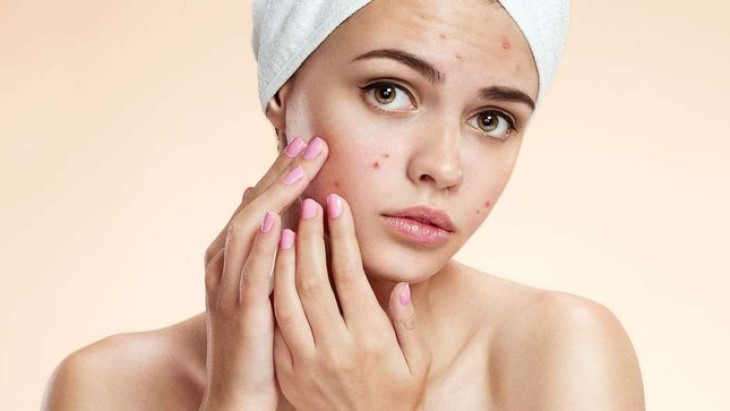
Causes of Acne
Acne is primarily caused by blocked pores due to a buildup of excess sebum and dead skin cells. This can lead to inflammation and the formation of lesions such as whiteheads, blackheads, pimples, and cysts.
One of the key factors contributing to acne is hormonal imbalance, especially during puberty, pregnancy, or as a result of taking certain medications like oral contraceptives. Additionally, fluctuations in hormone levels during the menstrual cycle can also trigger acne breakouts.
Other factors that can influence acne formation include stress, improper skin care routines, and dietary choices. Consuming dairy products and foods with a high glycemic index can increase the risk of developing acne.
2 Effective Home Remedies for Acne
Apple Cider Vinegar
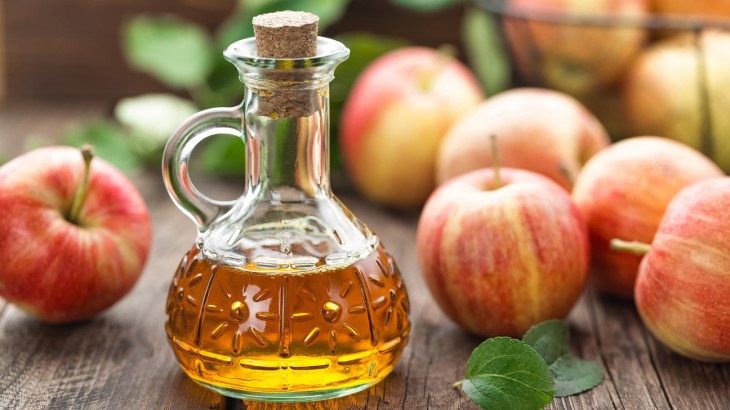
Apple cider vinegar is a popular natural remedy for acne. It is made through the fermentation of apple cider or the distillation of apple cider vinegar.
Apple cider vinegar possesses antibacterial properties that can help combat the bacteria that contribute to acne breakouts. Additionally, it contains organic acids that exhibit anti-inflammatory effects and promote wound healing.
How to Use Apple Cider Vinegar for Acne Treatment:
- Step 1: Mix one part apple cider vinegar with three parts water. For sensitive skin, you can dilute the vinegar further by adding more water.
- Step 2: After cleansing your face, apply the diluted apple cider vinegar to your skin using a cotton ball or pad.
- Step 3: Let it sit on your skin for about 5 minutes, and then rinse it off thoroughly with water. Pat your skin dry.
- Step 4: Repeat this process once or twice daily for optimal results.
Honey and Cinnamon Mask
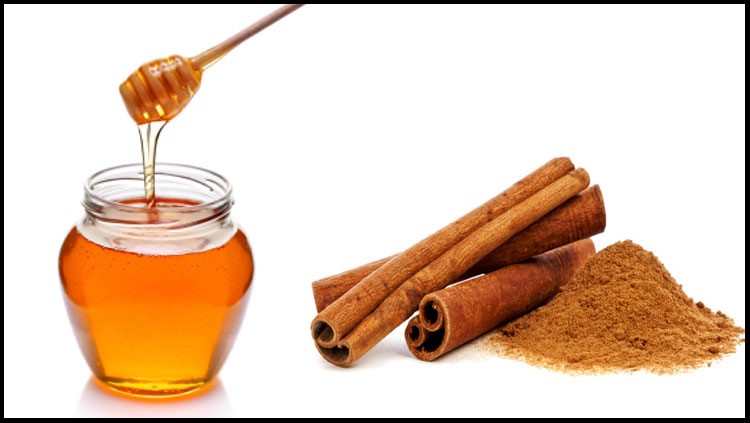
Honey and cinnamon are both known for their potent antioxidant and antimicrobial properties. When combined, they create a powerful mask that can help treat acne and improve overall skin health.
How to Use the Honey and Cinnamon Mask:

- Step 1: Mix 2 teaspoons of honey with 1 teaspoon of cinnamon powder to form a paste.
- Step 2: After cleansing your face, apply the mask to your skin using a brush or your fingers. Leave it on for 10 to 15 minutes.
- Step 3: Rinse your face thoroughly with water and pat it dry.
Tea Tree Oil
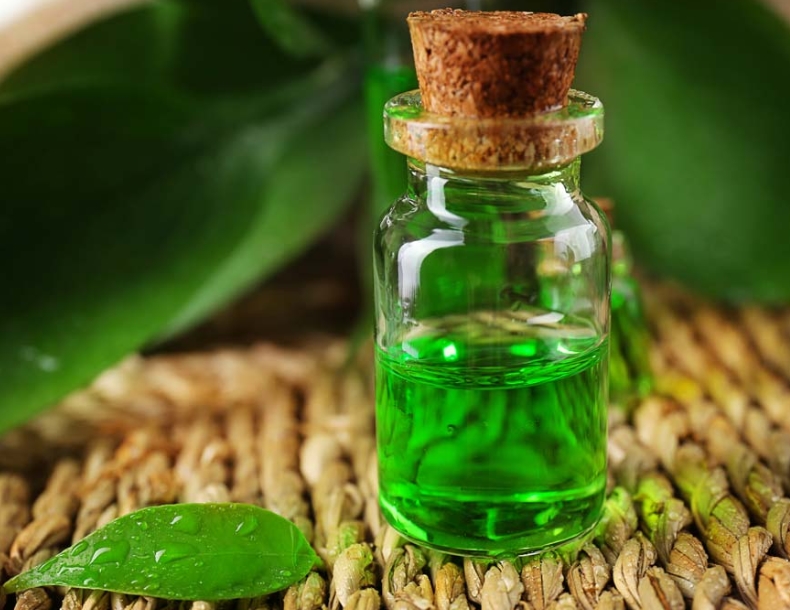
Tea tree oil is derived from the leaves of the Melaleuca alternifolia tree, native to Australia. It has gained popularity for its antibacterial and anti-inflammatory properties, making it an effective natural treatment for acne.
How to Use Tea Tree Oil for Acne:
- Step 1: Mix 1 part tea tree oil with 9 parts water.
- Step 2: Using a cotton ball or pad, apply the diluted tea tree oil directly to the affected areas.
- Step 3: If desired, follow up with a moisturizer suitable for your skin type.
- Step 4: Repeat this process once or twice daily for best results.
Green Tea
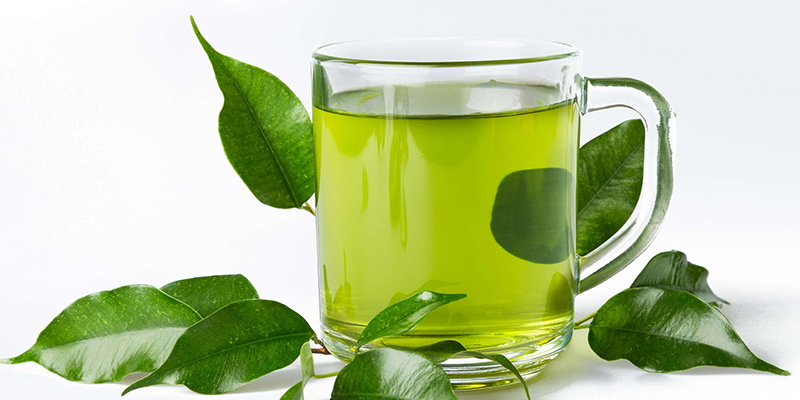
Green tea is renowned for its high antioxidant content, which can help combat free radical damage and improve overall skin health. Additionally, green tea has a regulatory effect on sebum production, making it an effective tool against acne.
How to Use Green Tea for Acne:
- Step 1: Brew green tea for 3 to 4 minutes and allow it to cool down.
- Step 2: Using a cotton ball or pad, apply the cooled green tea to your face as a toner, or transfer it to a spray bottle and spritz it onto your skin.
- Step 3: Let the green tea dry on your skin, and then rinse your face with water and pat it dry.
Aloe Vera
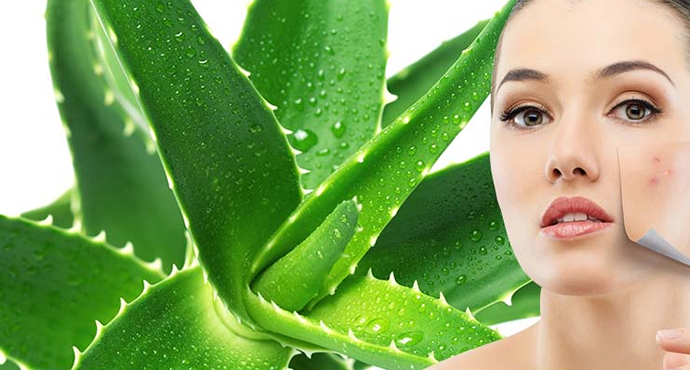
Aloe vera is a tropical plant known for its ability to produce a clear, gel-like substance within its leaves. This gel has been widely used for its wound-healing, anti-inflammatory, and soothing properties. Additionally, it contains salicylic acid and sulfur, both of which are commonly used in acne treatments.
How to Use Aloe Vera for Acne:
- Step 1: Extract the gel from an aloe vera leaf using a spoon.
- Step 2: After cleansing your face, apply the aloe vera gel directly to your skin as you would a moisturizer.
- Step 3: Repeat this process once or twice daily for improved results.
3 Tips to Prevent Acne Breakouts
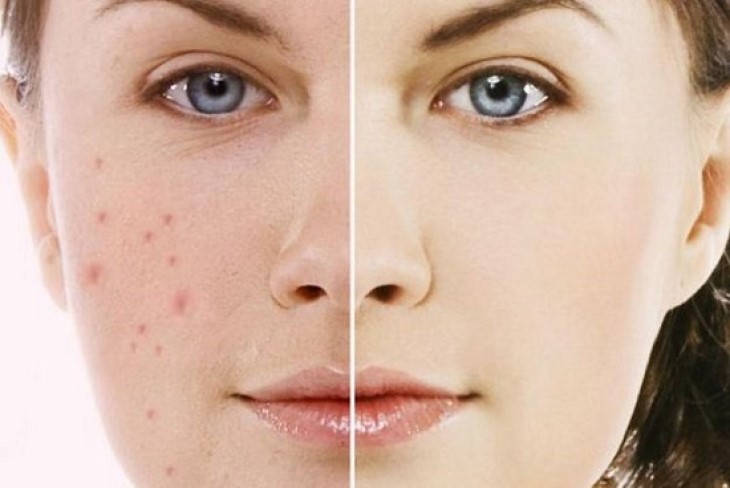
Supplement with Essential Nutrients
- Consider taking fish oil supplements or consuming omega-3-rich foods like salmon, sardines, walnuts, and chia seeds. Omega-3 fatty acids have anti-inflammatory properties and can help regulate oil production, preventing acne breakouts.
- Zinc is another important mineral that plays a role in wound healing and immune function. It can be found in foods like oysters, beef, spinach, and pumpkin seeds.
Exfoliate Regularly
- Exfoliation involves removing the layer of dead skin cells that can clog pores and lead to acne. By exfoliating regularly, you keep your pores clear and facilitate better absorption of your acne treatment products.
- You can exfoliate at home by mixing equal parts honey or sugar with coconut oil and gently massaging it into your skin. Rinse it off with warm water and follow up with a gentle cleanser.
Adopt a Skin-Friendly Diet
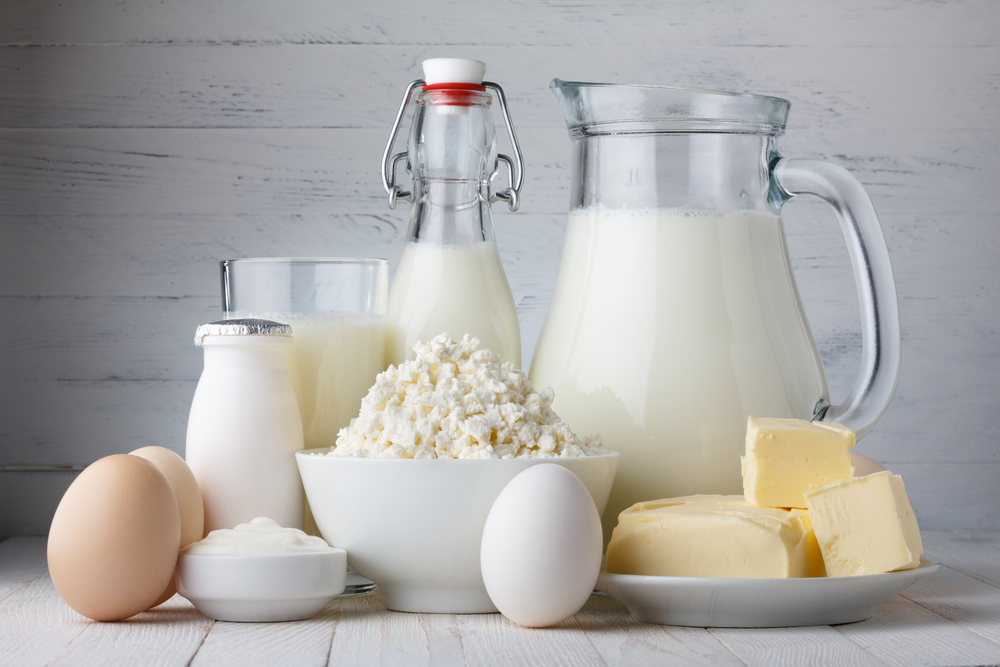
A diet high in refined sugars and dairy products can contribute to acne breakouts. Sugary foods and drinks can cause spikes in blood sugar levels, leading to increased sebum production and acne formation. Similarly, dairy products can influence hormone levels, which can trigger acne in some individuals.
Manage Stress
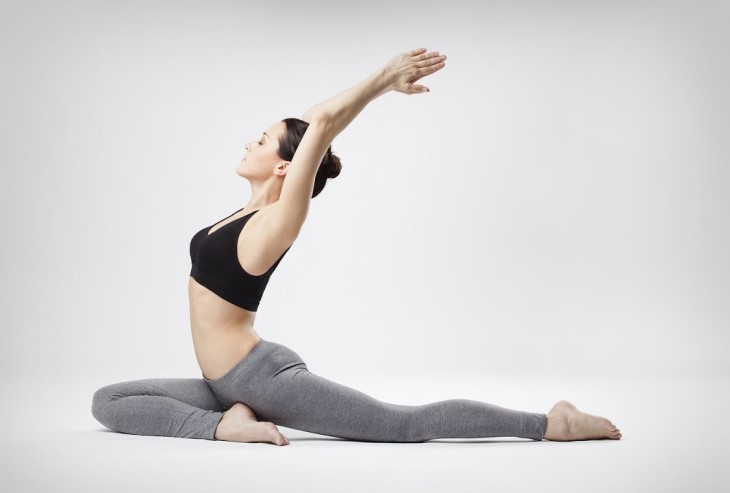
Stress can have a significant impact on your skin. When you’re stressed, your body produces higher levels of certain hormones, leading to increased sebum production and inflammation. Prolonged stress can also slow down the wound healing process, making it more challenging for your skin to recover from acne lesions.
To mitigate stress-induced acne, focus on getting enough sleep, practicing relaxation techniques like yoga or meditation, and finding healthy outlets for managing your stress levels.
Exercise Regularly

Regular exercise promotes healthy blood circulation, which is essential for delivering nutrients to your skin cells. It can also help regulate hormone levels and reduce excess sebum production. Additionally, exercise induces sweating, which can help unclog pores and prevent acne breakouts.
Source: healthline.com




